FM 2024 is the 26th international symposium on Formal Methods in a series organized by Formal Methods Europe (FME), an independent association whose aim is to stimulate the use of, and research on, formal methods for software development. The FM symposia have been successful in bringing together researchers and industrial users around a program of original papers on research and industrial experience, workshops, tutorials, reports on tools, projects, and ongoing doctoral research. FM 2024 will be both an occasion to celebrate and a platform for enthusiastic researchers and practitioners from a diversity of backgrounds to exchange their ideas and share their experiences.
Important Dates (Research Papers Only)
| Abstract Submission | April 19th, 2024 (Fri) | 23:59 AoE | |
| Full Paper Submission | April 19th, 2024 (Fri) | 23:59 AoE | |
| Paper Notification | June 10th, 2024 (Mon) | 23:59 AoE | |
| Artifact Abstract Submission | June 17th, 2024 (Mon) | 23:59 AoE | |
| Artifact Submission | June 24th, 2024 (Mon) | 23:59 AoE | |
| Final Version | July 1st, 2024 (Mon) | 23:59 AoE | |
| Artifact Notification | July 15th, 2024 (Mon) | 23:59 AoE | |
| Conference | September 9th – 13th, 2024 |
Topics of Interest
FM 2024 will highlight the development and application of formal methods in a wide range of domains including trustworthy AI, software, computer-based systems, systems-of-systems, cyber-physical systems, security, human-computer interaction, manufacturing, sustainability, energy, transport, smart cities, healthcare and biology. We particularly welcome papers on techniques, tools, and experiences in interdisciplinary settings. We also welcome papers on experiences of applying formal methods in industrial settings, and on the design and validation of formal method tools.
The topics of interest for FM 2024 include, but are not limited to:
Interdisciplinary formal methods: Techniques, tools, and experiences demonstrating the use of formal methods in interdisciplinary settings. Formal methods in practice include: industrial applications of formal methods, experience with formal methods in industry, tool usage reports, experiments with challenge problems. The authors are encouraged to explain how formal methods overcame problems, led to improved designs, or provided new insights.
Tools for formal methods: Advances in automated verification, model checking, and testing with formal methods, tools integration, environments for formal methods, and experimental validation of tools. The authors are encouraged to demonstrate empirically that the new tool or environment advances the state of the art.
Formal methods in software and systems engineering: Development processes with formal methods, usage guidelines for formal methods, and method integration. The authors are encouraged to evaluate process innovations with respect to qualitative or quantitative improvements. Empirical studies and evaluations are also solicited.
Theoretical foundations of formal methods: All aspects of theory related to specification, verification, refinement, and static and dynamic analysis. The authors are encouraged to explain how their results contribute to the solution of practical problems with formal methods or tools.
Embedded Systems Track: FM 2024 will feature a special track on Embedded Systems organized in collaboration with ACM SIGBED. This track will focus on theories, methods, and tools that are formal in nature and applied in the embedded, real-time, and cyber-physical systems.
We are particularly interested in submissions that apply formal methods on autonomous systems, including AI- and non-AI-based perception, decision, and control algorithms, compilers, middleware, operating systems, virtual machines, communication protocols, and hardware. Example application domains are increasingly automated vehicles, robots, and drones.
We solicit various categories of papers:
- Regular Papers (max 15 pages)
- Long tool papers (max 15 pages)
- Case study papers (max 15 pages)
- Tool demonstration papers (max 6 pages)
- Tutorial papers (see dedicated page with specific timeline)
All page limits are in LNCS format and do not include references and appendices.
Reviewing is single-blind. For all papers, an appendix can provide additional material such as details on proofs or experiments (the appendix can be included in the main file, or it can be added as supplemental material, in a separate file, in which case this should be mentioned in the paper). The appendix is not part of the page count and will only be read at the discretion of the reviewers. Thus, it should not contain information necessary for the understanding and evaluation of the presented work.
Papers will be accepted or rejected in the category in which they were submitted and will not be moved between categories.
At least one author of an accepted paper is expected to present the paper at the conference as a registered participant.
Proceedings
The conference proceedings will be published open access by Springer in the LNCS series, as part of the FM subline.
Submissions
Submit your papers at https://easychair.org/conferences/?conf=fm24
Authors of all accepted papers are invited to submit an artifact for evaluation by the FM 2024 Artifact Evaluation Committee after the paper notification. For long tool papers and tool demonstration papers, submission of an artifact is strongly encouraged.
